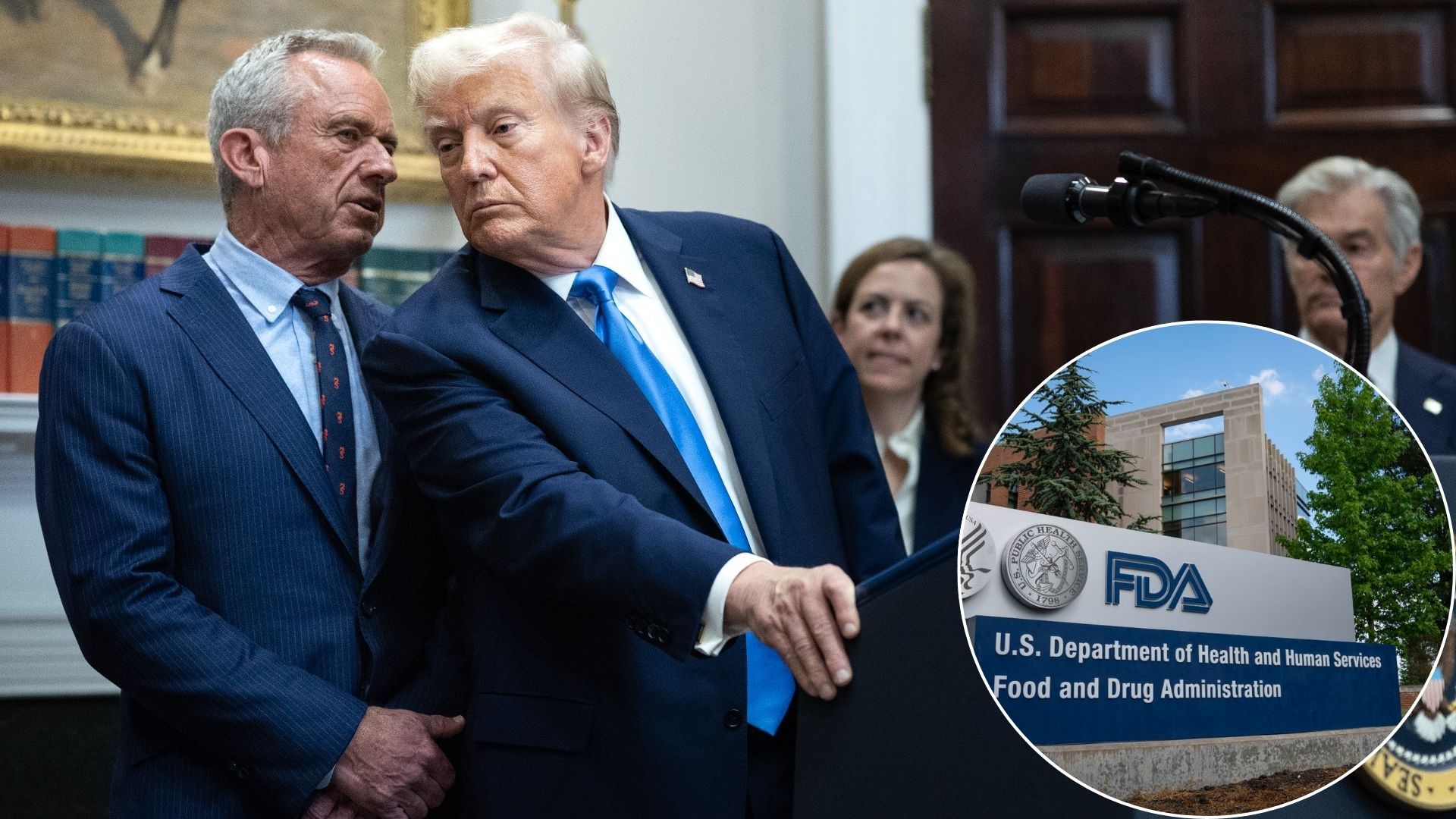
«This is my view. People need to know».
An alleged link

President Donald Trump, alongside his Secretary of Health and Human Services Robert F. Kennedy Jr., made a major announcement about an alleged link between acetaminophen use during pregnancy and autism. The statement quickly drew public and media attention.
Dispute the claims

However, numerous health experts and medical authorities, including the FDA (Food and Drug Administration) and the WHO (World Health Organization), have already spoken out to dispute the claims made in this announcement.
Avoid the medication

Donald Trump delivered stark warnings about the use of acetaminophen (Tylenol) during pregnancy, claiming it could be linked to autism in children. Trump repeatedly told women to avoid the medication unless absolutely necessary.
«Fight like hell»

«Don’t take Tylenol. Don’t take it», Trump said, before adding, «Fight like hell not to take it.» «The only time a pregnant woman should ever take Tylenol is if she has a very bad fever», he declared.
Update product labels

Trump also announced that the Food and Drug Administration would move to update product labels, saying they would soon state that prenatal acetaminophen use «can be associated with a very increased risk of autism and ADHD». Trump stated that his remarks reflected his personal opinion on the matter, adding: «This is my view. People need to know».
A possible link

During the announcement at the White House, Health and Human Services Secretary Robert F. Kennedy Jr. expanded on President Trump’s warning by invoking scientific studies that he claimed support a possible link between acetaminophen use in pregnancy and autism.
Autism and ADHD

Kennedy referred to large cohort studies such as the Nurses’ Health Study II and the Boston Birth Cohort, which reported associations between prenatal exposure to acetaminophen and a higher incidence of neurodevelopmental disorders, including autism and ADHD. He stressed that the risk appeared stronger in cases of chronic use during pregnancy.
An «autism epidemic»
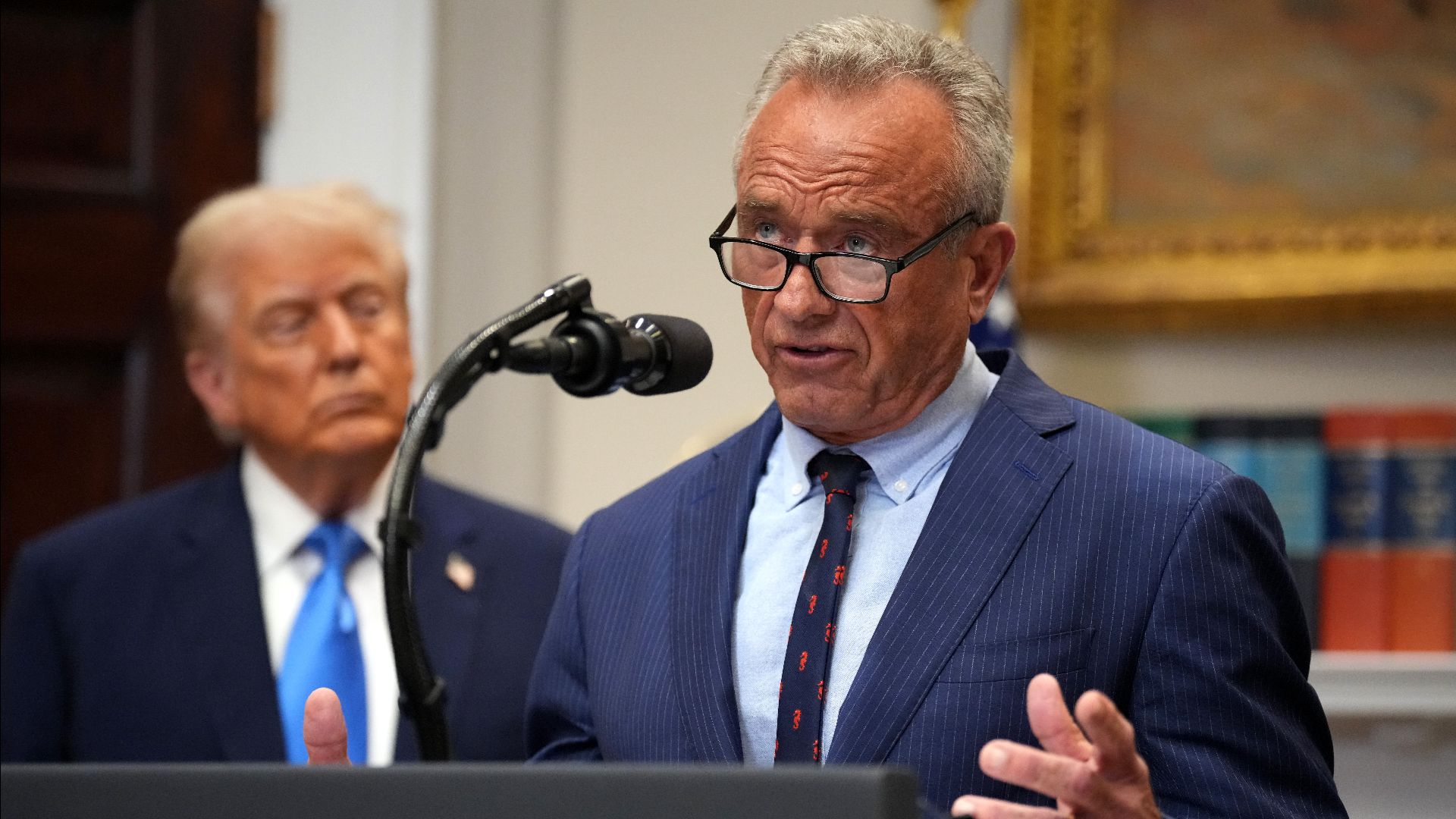
Kennedy further argued that environmental exposures, such as medications taken in utero, may be contributing to what he called an «autism epidemic». He also highlighted research into folate metabolism, suggesting that deficiencies could worsen outcomes and that leucovorin (folinic acid) shows promise as a therapeutic option in certain cases of children with autism.
More research is needed
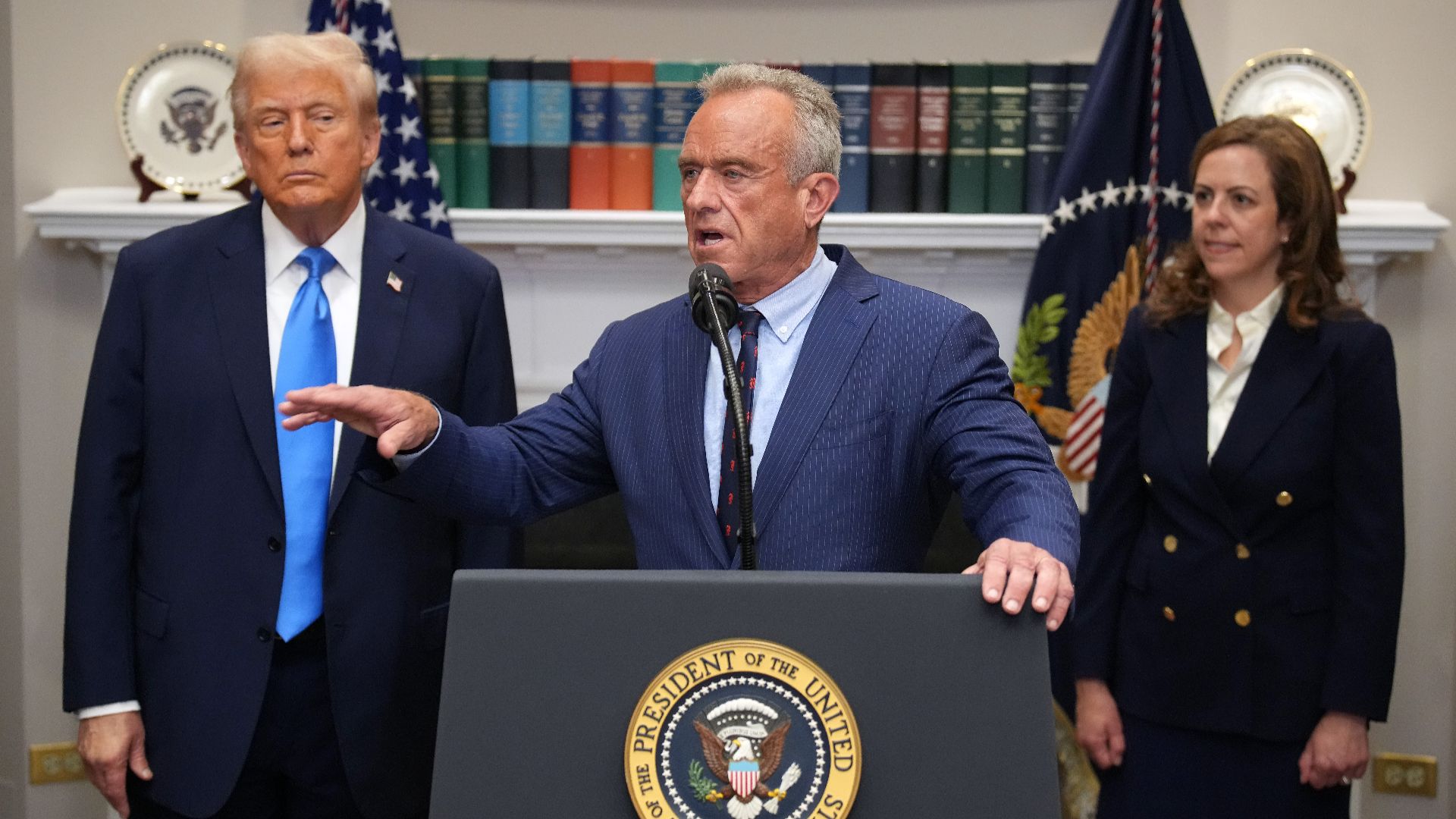
While acknowledging that more research is needed, Kennedy framed these findings as a wake-up call to reconsider long-standing assumptions about acetaminophen’s safety in pregnancy.
A statement from the FDA
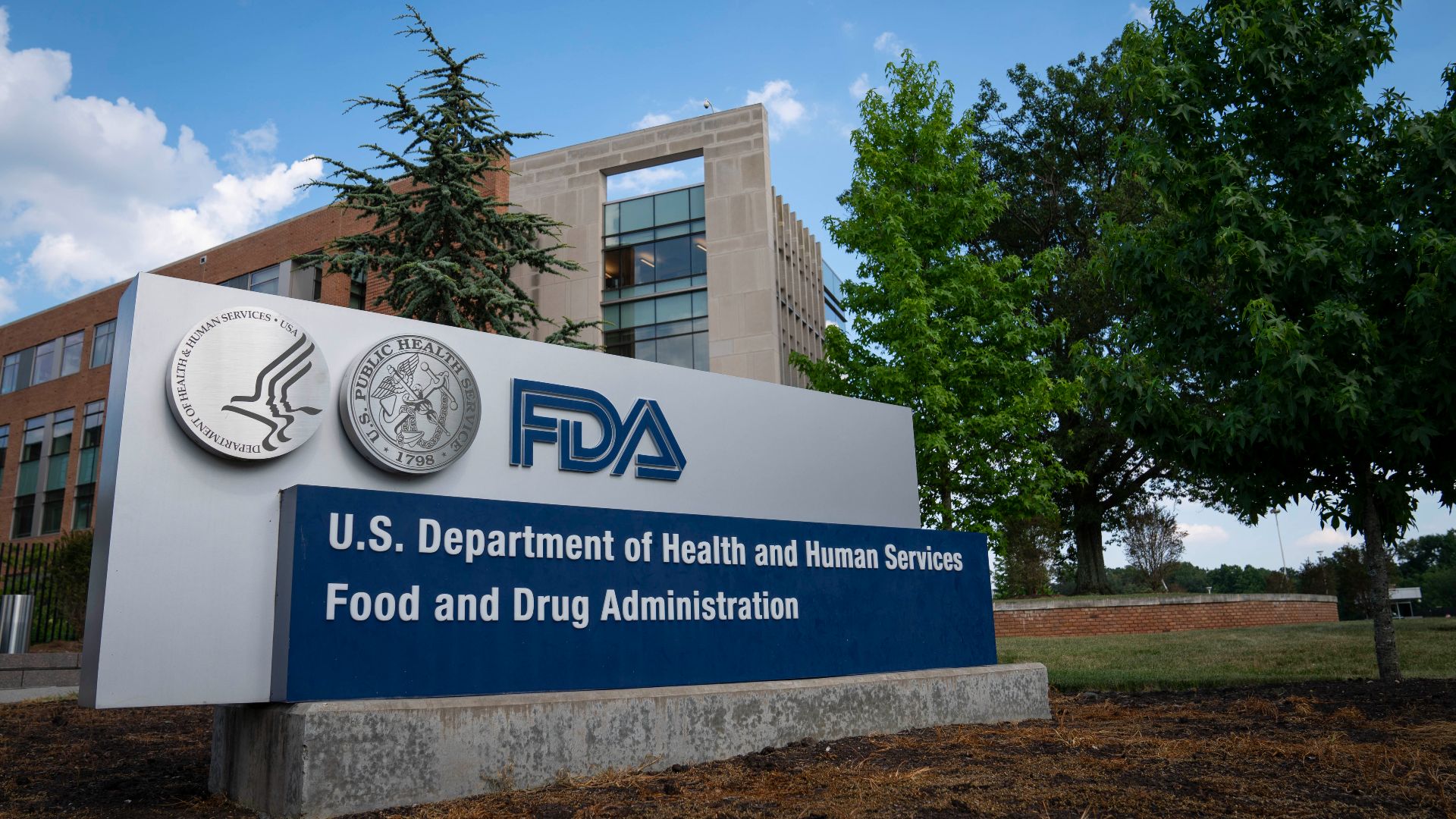
A few hours after Trump’s announcement, the FDA published a statement on its website saying it had begun the process of updating acetaminophen product labels to include a warning about a possible link to autism and ADHD when used during pregnancy. At the same time, the agency sent a letter to physicians to inform them of these signals.
No scientific evidence
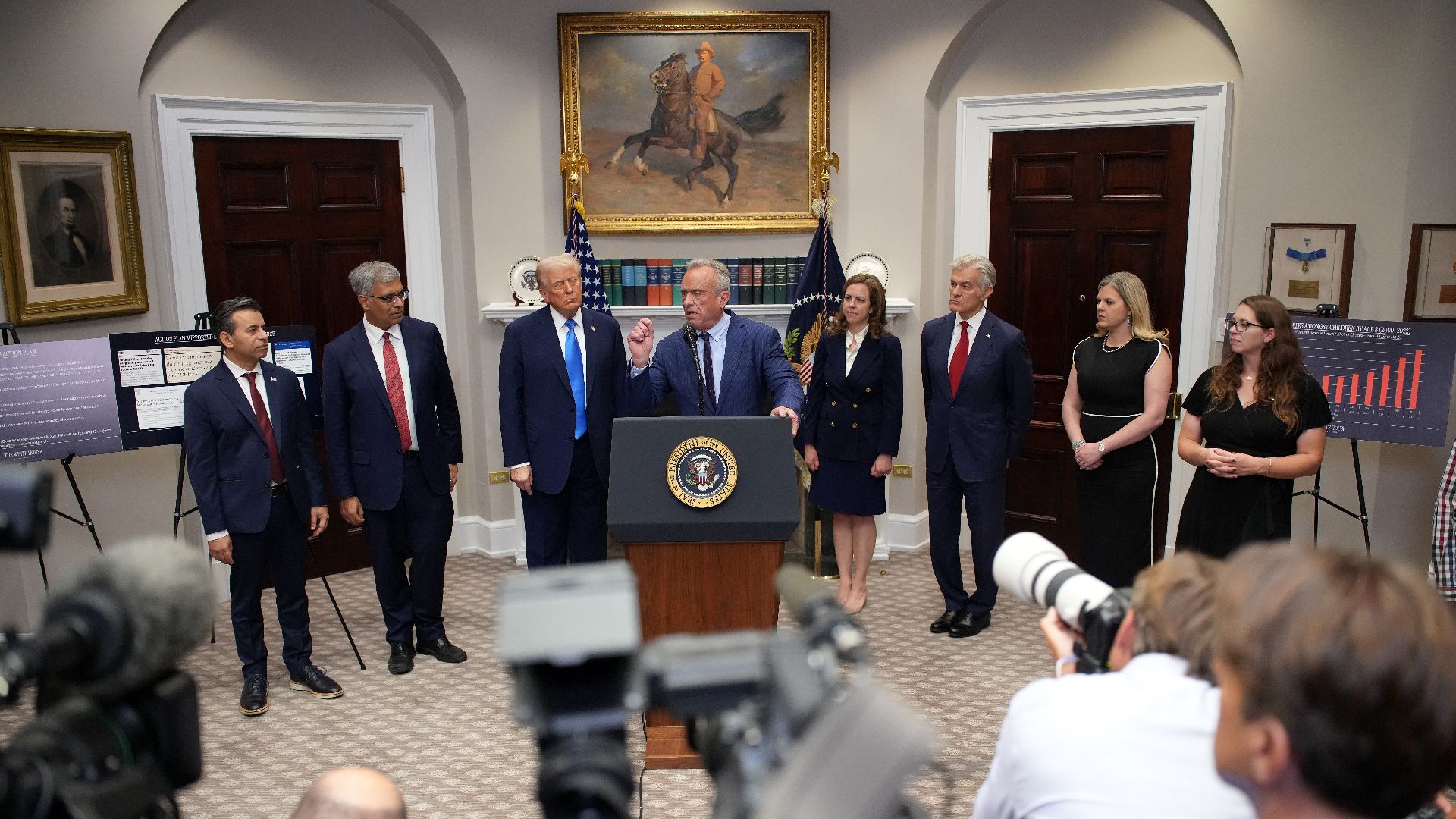
The FDA nevertheless emphasized that no scientific evidence demonstrates a causal link between prenatal acetaminophen use and autism. The agency noted that while some studies report associations, they also contain significant contradictions. It further stressed that acetaminophen remains the only over-the-counter medication recommended for treating fever during pregnancy, as fever itself can pose risks to the fetus.
When necessary
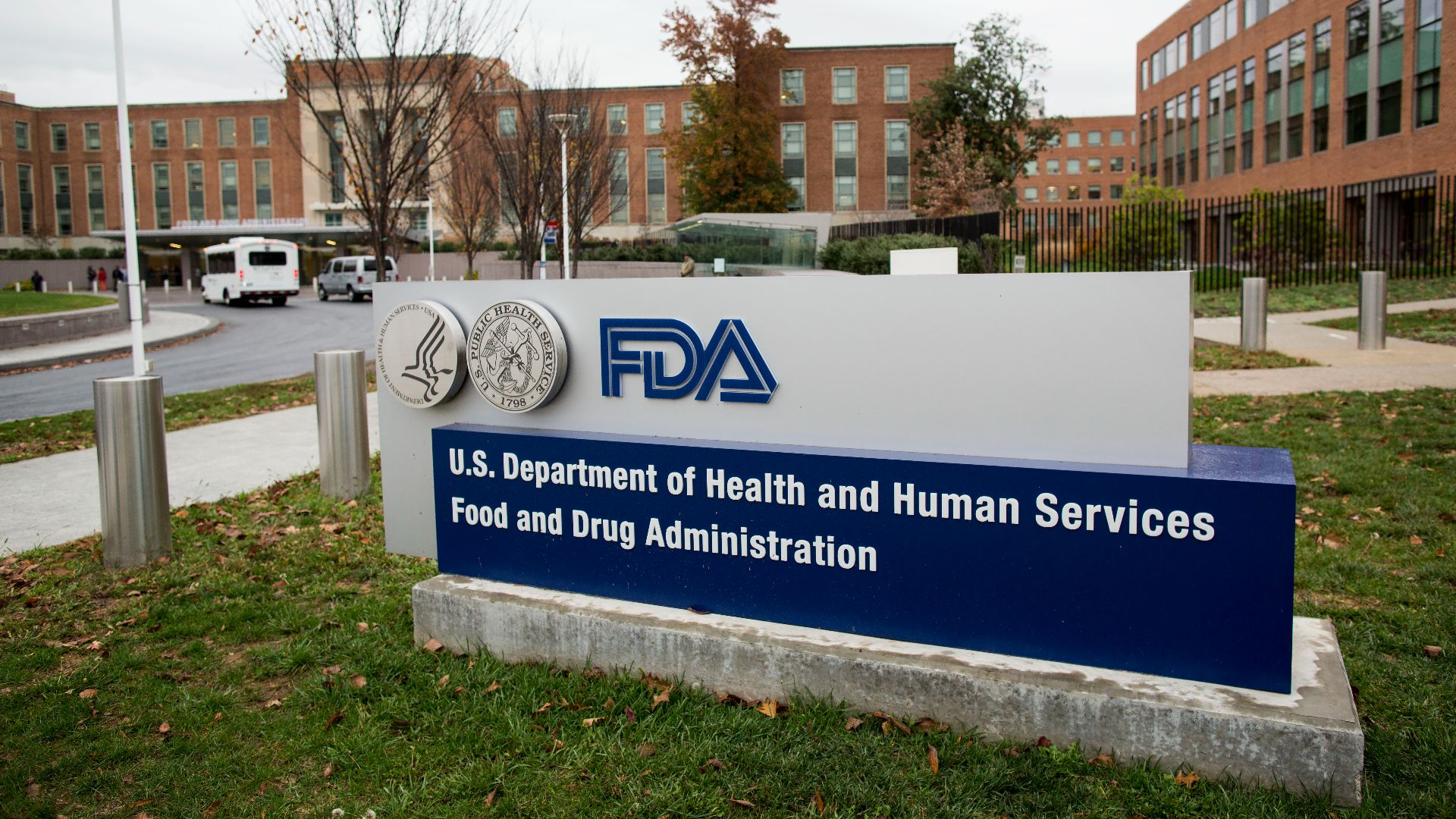
While moving forward with label revisions and informing physicians, the FDA urged cautious use: avoiding frequent or prolonged intake, but continuing to use the drug when necessary under medical supervision.
Available research is inconclusive according to WHO

At a press briefing in Geneva, reported by Reuters, a WHO spokesperson commented on the debate surrounding acetaminophen use during pregnancy, emphasizing that the available research remains inconclusive. WHO stated that «The evidence on a link between paracetamol use in pregnancy and autism is inconsistent», highlighting the absence of scientific consensus.
The Autism Science Foundation

The Autism Science Foundation issued a statement on September 5, ahead of Trump and RFK Jr.’s announcement, cautioning against claims linking acetaminophen use in pregnancy to autism. The foundation stressed that: «Any association between acetaminophen and autism is based on limited, conflicting, and inconsistent science and is premature given the current science». It emphasized that autism arises from a complex interplay of genetic and environmental factors, warning that it is misleading to attribute the condition to a single exposure.









